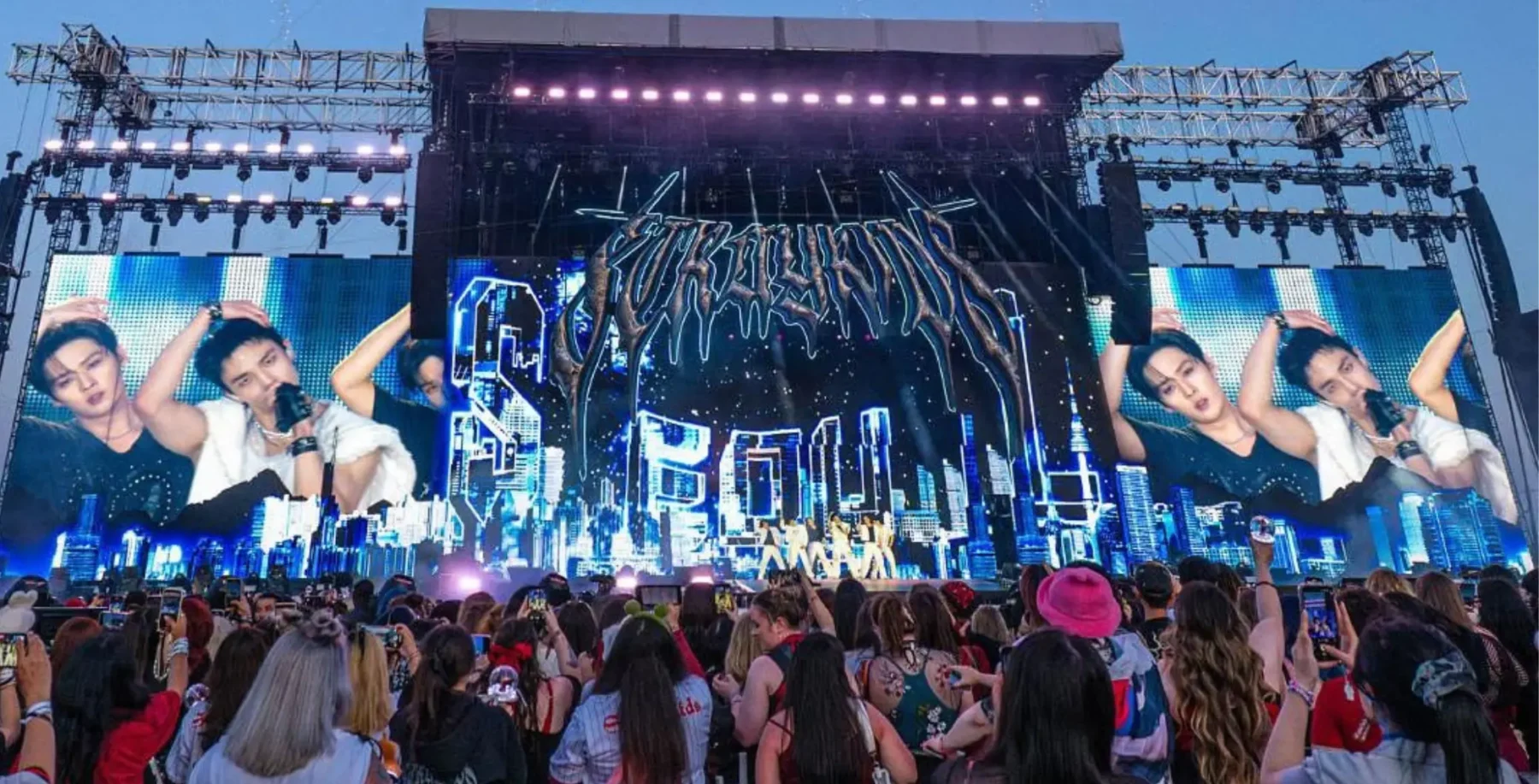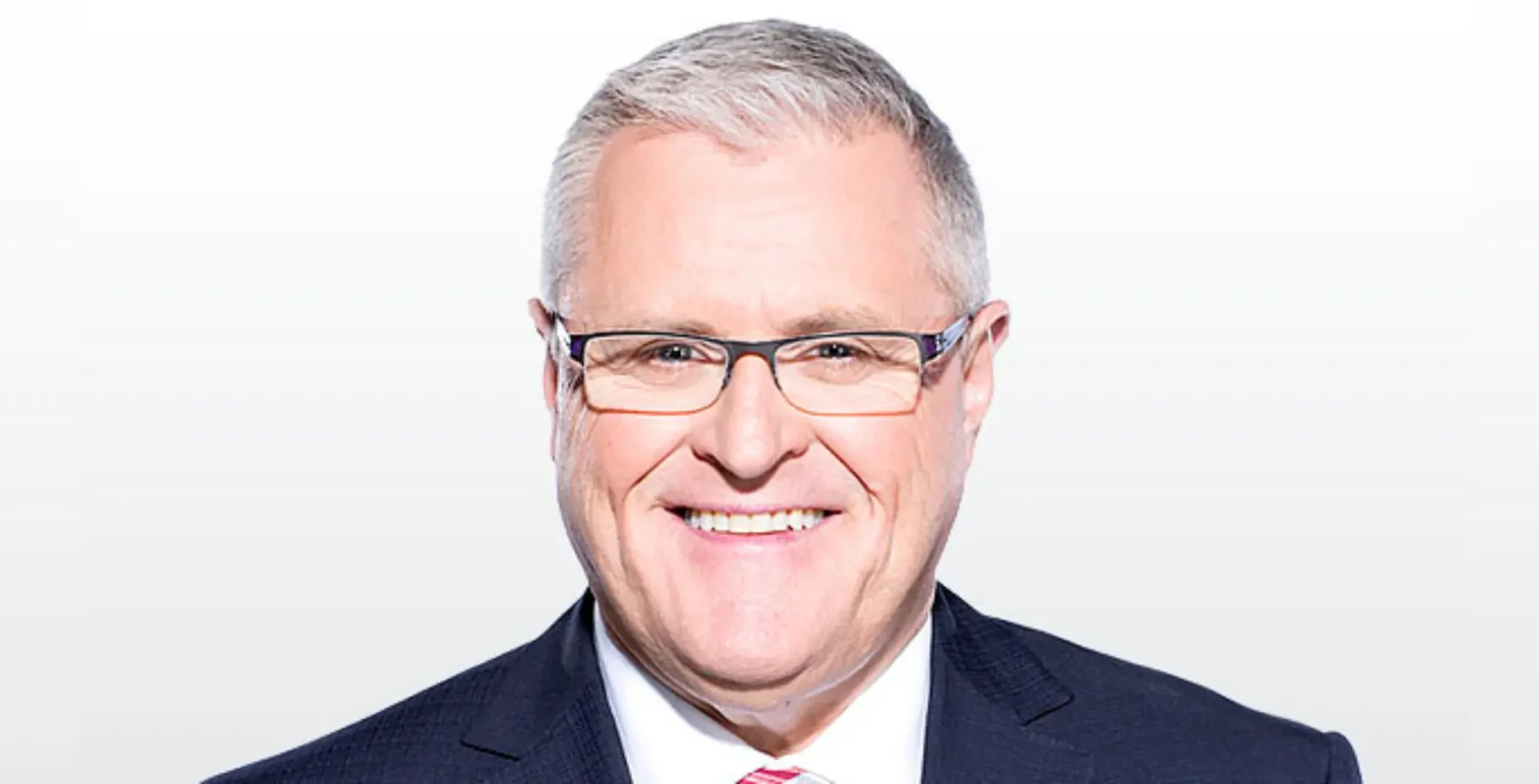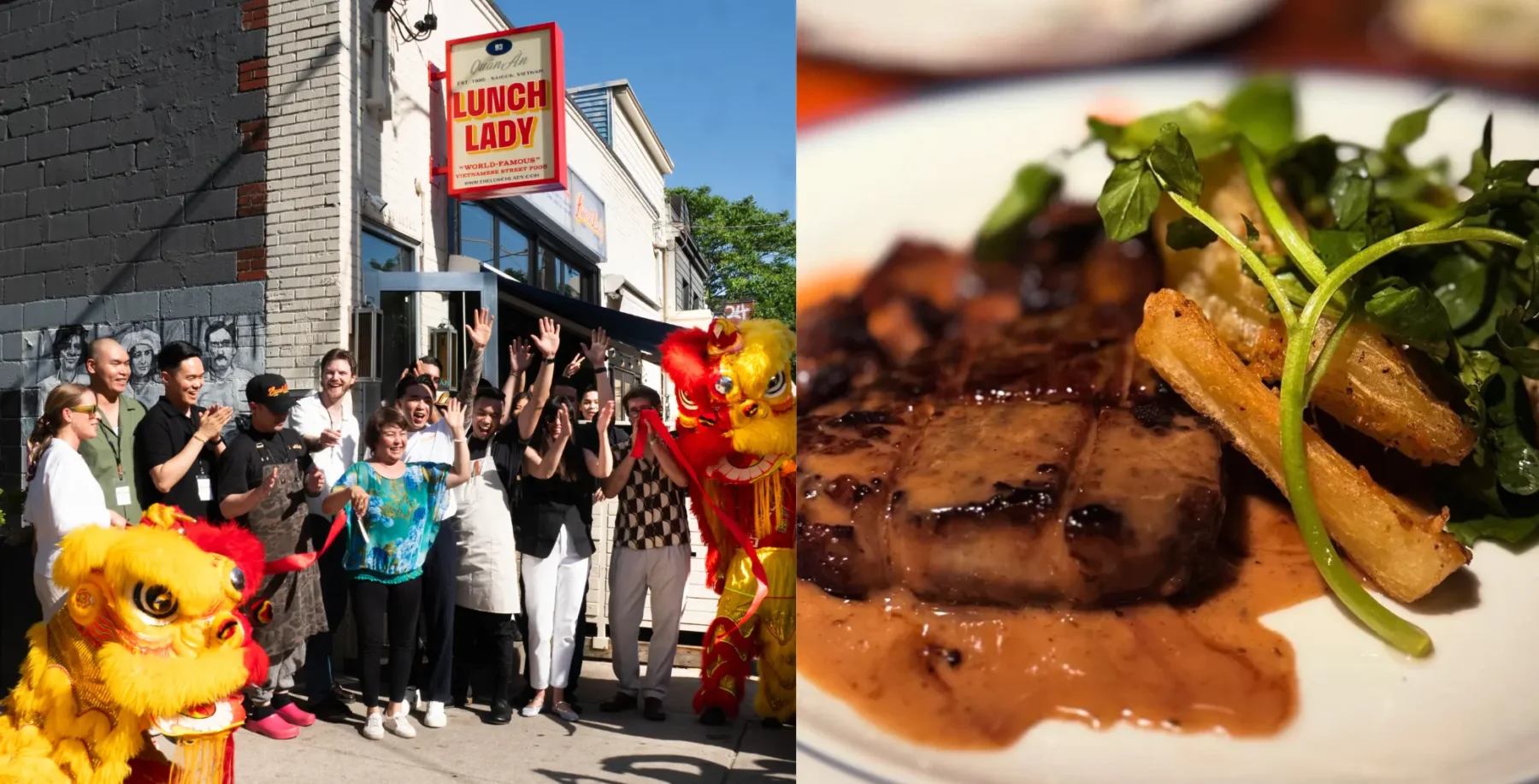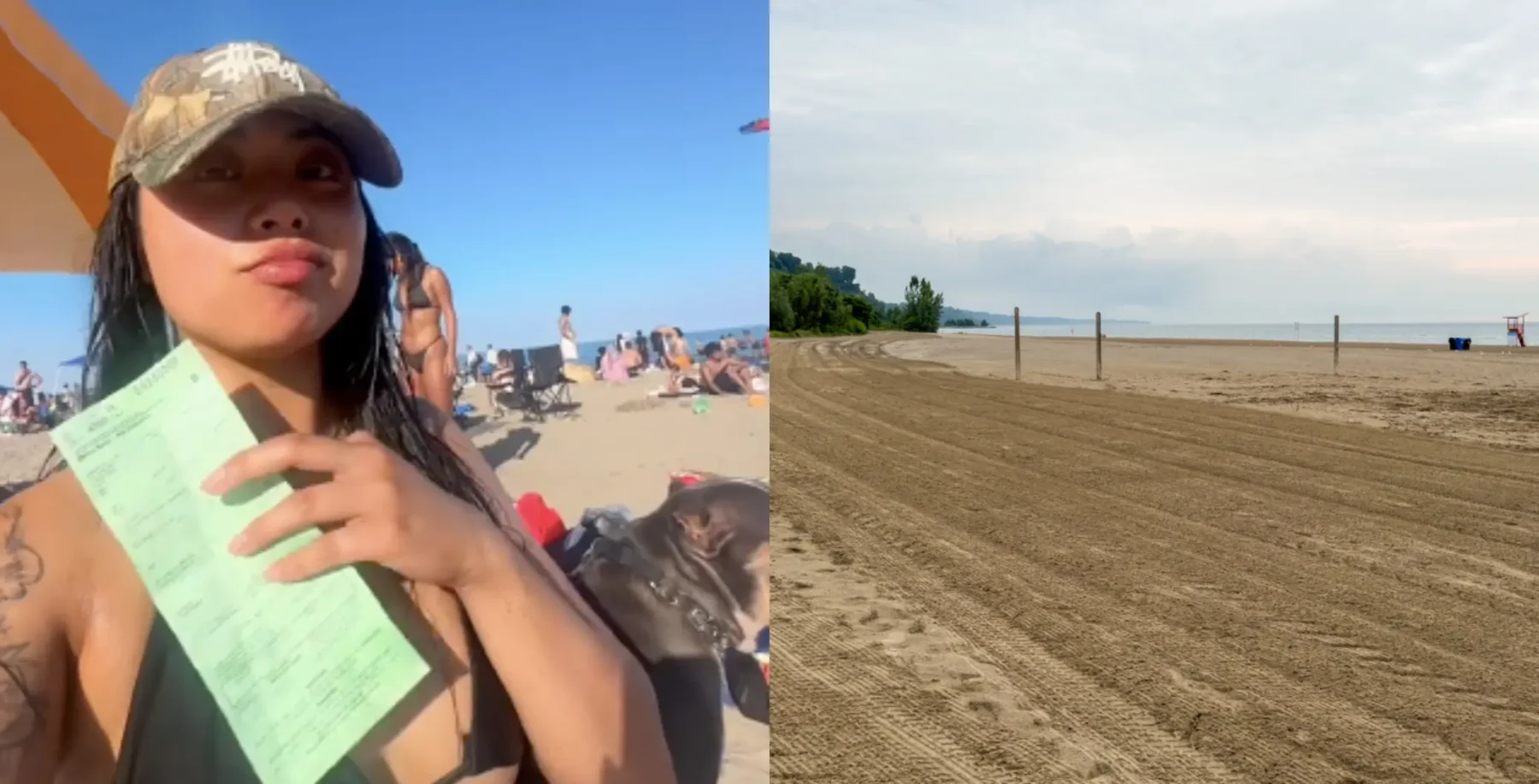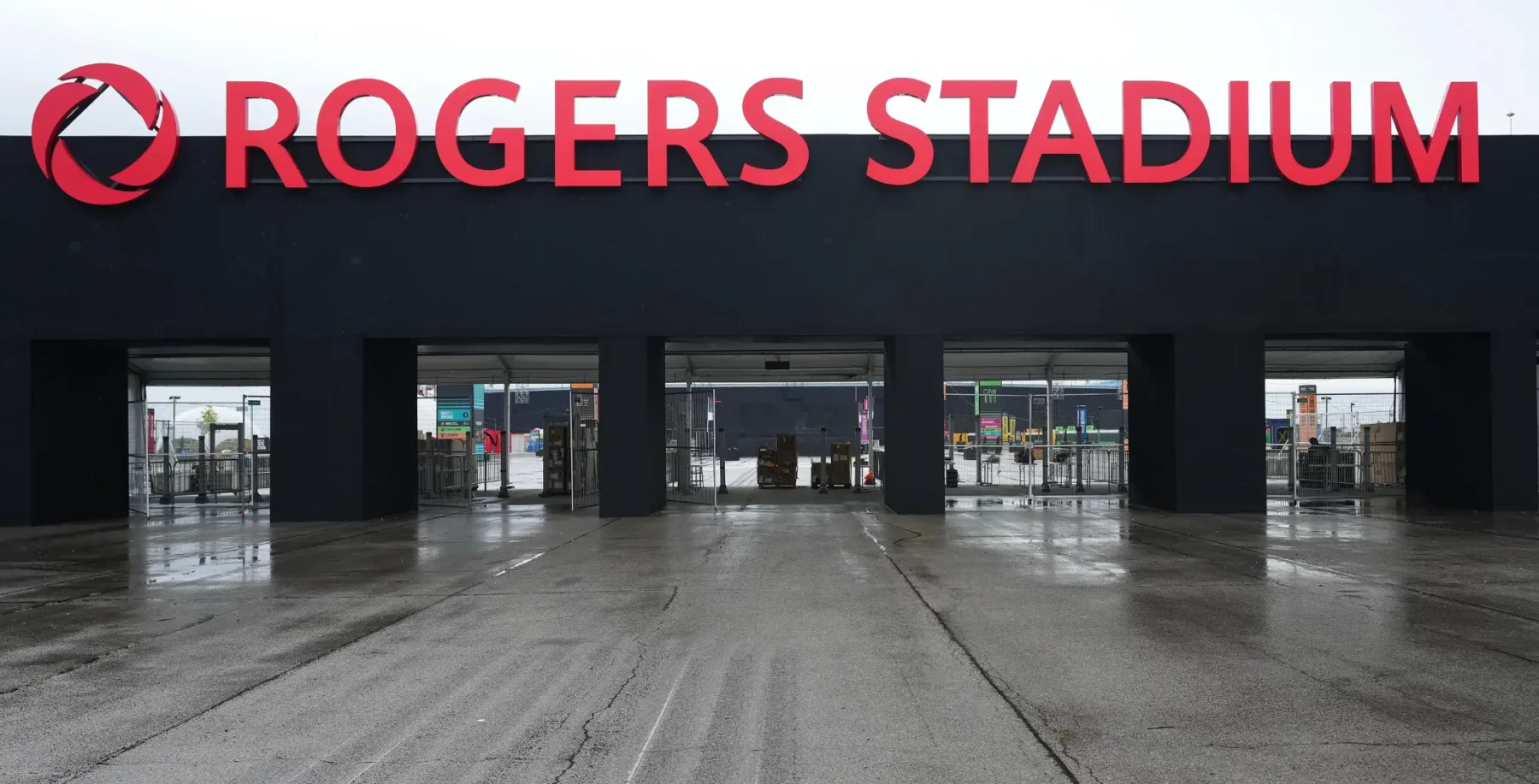
Ever since the COVID-19 pandemic made food delivery more valuable than ever, Toronto restaurants have expressed their frustration about the large commissions and fees being taken by third-party tech apps like Uber Eats and DoorDash. With those tensions at a high, new services have been launching, presenting an alternative delivery model that puts more power back into the hands of restaurants.
This Saturday (July 25), Foodzinga becomes the latest arrival to the Toronto food delivery scene. The new website and app is launching with about 80 local restaurants already signed up and a simple pitch: It’s a food delivery service that doesn’t treat restaurants like the weak link in the operation.
“Restaurants, they just need deliveries,” says Foodzinga CEO Daniel Lolobrigida Jr. “Some of the people [that have signed up] have 30 to 40 years of running their restaurants. They don’t need some new company doing their marketing and giving them rules and telling them how to manage their restaurants. They just need the deliveries.”
Whereas big tech apps can charge up to 30-35 per cent in commissions, Foodzinga is charging seven per cent. It’s a number Lolobrigida says is enough for a bit of profit on his end, but still “a fair price,” he says.
He started the company in Winnipeg and will now launch in Toronto. His original app was a delivery service for farmer’s Markets called Farms4Me, but he branched out to cover restaurants.
Lolobrigida is originally from Brazil, where his father has a small restaurant. There, he pays nine per cent for a delivery service, he says, and thinks it’s too high. So he was surprised to see the rates here.
Keeping the commissions low, he says, means some restaurants on Foodzinga are offering their menu at lower prices than on Uber Eats, which also means customers can tip the drivers more. Foodzinga doesn’t offer special “no delivery fee” promotions or deals like Uber or DoorDash, either.
“If the restaurants want to offer coupons or free delivery, they can do that [independently],” Lolobrigida says. “Because when you offer something free, it’s not free. Someone is paying for it – either the driver or the restaurant.”
He’s not big on marketing, he says, noting that when Uber Eats has a billboard it’s usually advertising chains like McDonald’s and Tim Hortons. “What about the Chinese restaurant?” he asks. “What about the Ethiopian restaurant?”
There’s no “big tech” mindset, he says, and there’s more communication between the company and the restaurants – as opposed to companies like Uber Eats which often outsource their customer service. Instead, he says, Foodzinga was developed by talking and listening directly to customers, drivers and restaurant owners.
“I think that the current delivery platforms make restaurants believe that they, and only they, can bring customers to restaurants, which created an extreme dependency and a toxic relationship between them,” he says. “With Foodzinga, we believe that we only exist because the restaurant allows us to work with their customers.”
Early adoptees include College Falafel, Indian Biriyani House, Mustache Burger, Oh My Gyro, Leslieville Cheese Market, Anh Dao, Beerocracy and many more. More info can be found on the Foodzinga website.

